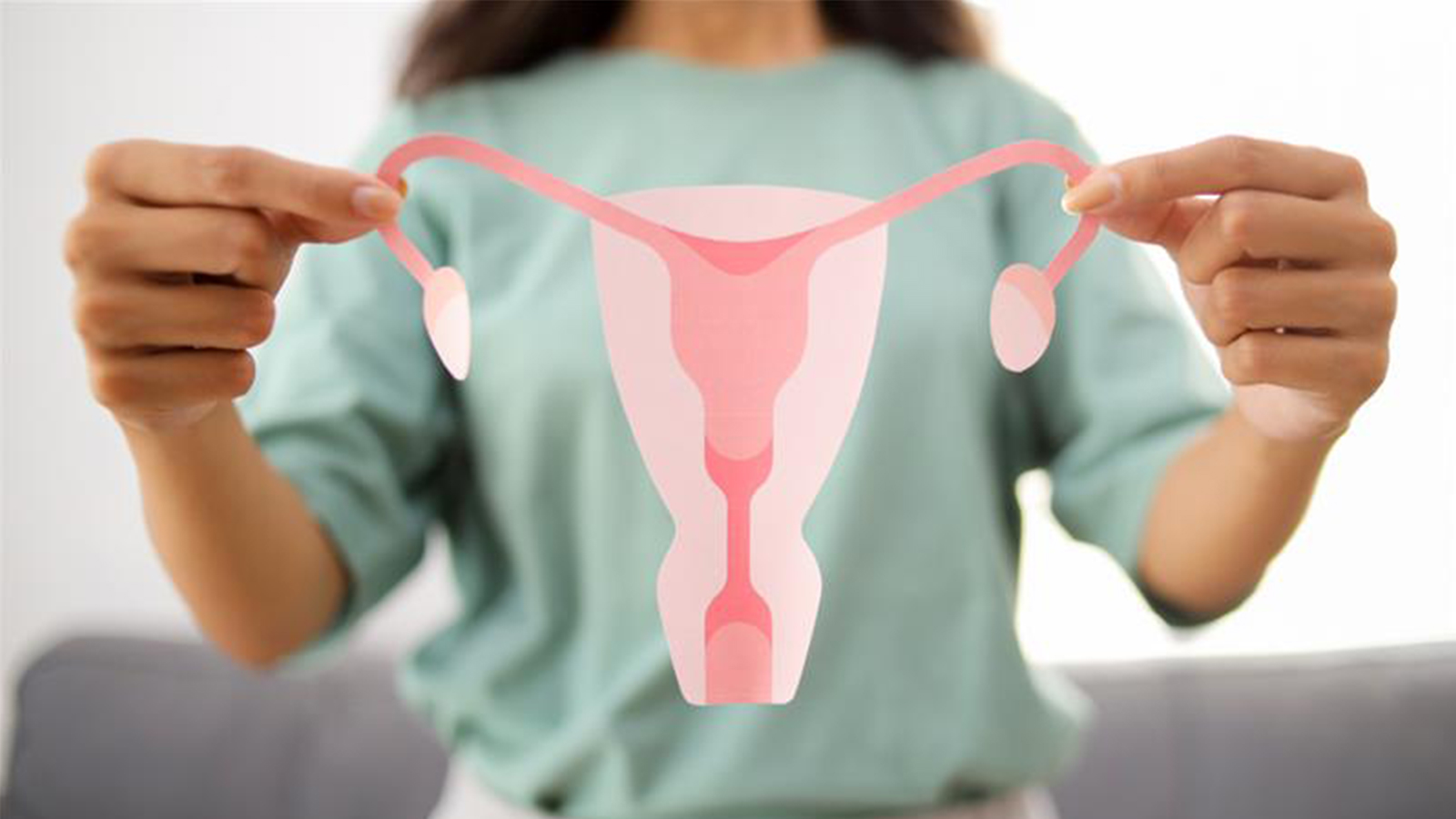
Posted On: October 15, 2025
Menopause is something every woman will go through if she lives long enough. Yet many feel blindsided when the first hot flash hits or when sleep patterns suddenly change. For decades, menopause has been shrouded in stigma and silence, leaving women to figure it out alone or rely on myths passed from friends.
You deserve better. Menopause is not a disease, but it is a profound biological shift with specific effects across physical health, emotional well-being, and quality of life. With the right information and care, women can move through this stage with confidence, rather than fear.
Menopause is not a single event. It has stages, each with its own challenges and opportunities for proactive health care.
This transition often begins in the early-to-mid 40s. Cycles may shorten or lengthen, bleeding can be heavier or lighter, and ovulation becomes less predictable. The rollercoaster of estrogen and progesterone as cycles and ovulation begin to peter out can trigger hot flashes, insomnia, or mood swings. Research shows bone density can begin to decline even before periods stop—an important reason to pay attention to diet and exercise, especially resistance training, in these years.
You’ve reached menopause when you go 12 straight months without a period. The average age in the U.S. is 51. Estrogen levels are now consistently lower, and this is when symptoms often peak.
After that 12-month milestone, you are considered postmenopausal for the rest of your life. For many women, hot flashes and mood swings fade with time, but health risks such as osteoporosis and heart disease rise without estrogen’s protective effects.
When menopause occurs before age 40, it’s considered premature. This may be due to genetics, surgery, or treatments such as chemotherapy. Women with POI face notably higher long-term risks for bone loss, cardiovascular disease, mood disorders such as anxiety and depression, and dementia — which makes early medical support especially important. Unless contraindicated, every woman who goes through premature menopause should have hormonal support to reach the natural age of menopause, around 50.
Menopause affects both the body and mind. Some symptoms are widely recognized, while others are less talked about but important enough to be taken seriously.
These sudden surges of heat, flushing, and sweating can last from seconds to several minutes. They often come unpredictably, leaving women embarrassed, drenched, or exhausted. Night sweats interrupt sleep and can make mornings feel as if you didn’t have any rest at all.
It’s not just hot flashes that disturb sleep. Many women describe lying awake for hours, waking too early, or not feeling rested even after a full night in bed. Poor sleep magnifies irritability, anxiety, and cognitive changes—creating a difficult cycle.
Hormonal shifts affect neurotransmitters like serotonin and GABA, which regulate mood. This can mean mood swings, new or worsening anxiety, or even depression. These emotional shifts are real, not just “in your head.”
Often described as “brain fog,” memory problems may include forgetting words or names or losing focus in the middle of tasks. While not usually permanent, these changes can be distressing, especially for women balancing careers and family responsibilities.
Lower estrogen causes thinning of vaginal and urinary tissues. Symptoms include dryness, pain with intimacy, frequent urinary urgency, and higher risk of urinary tract infections. GSM doesn’t resolve on its own but can be effectively treated.
This term was recently introduced to describe the constellation of joint, muscle, and bone issues associated with the decline of estrogen during menopause. It includes conditions like osteoporosis, join pain, gluteal tendinopathy, and loss of muscle mass. Conditioning is especially important to counteract these effects.
Bone health is often overlooked until there’s a fracture—but prevention matters most.
Steps for Bone Protection
Estrogen before menopause helps maintain flexible blood vessels and a healthy cholesterol balance. Once estrogen levels become lower, the risk of cardiovascular disease rises.
Steps for Heart Protection
Estrogen has a direct impact on glucose metabolism in the brain, which can impact attention, retention, and longer-term memory. Poor sleep quality further exacerbates the issues. These issues combined can ultimately contribute to mood changes and dementia. Almost two-thirds of Americans living with Alzheimer’s are women.
Steps for Brain Protection
There’s no need to “tough it out.” Effective, safe treatments exist, and your plan can and needs to be personalized.
Menopause is also the right time to review preventive care.
Our practice provides modern and effective screening options for heart and bone health, as well as cancer screenings. I believe a comprehensive approach and custom treatment plans are a must when it comes to care. You can contact us anytime and learn more.
Menopause has been too long associated with shame, decline, or silence. But these days are behind us, and now every woman should feel confident about asking for help and advice. Open conversations with healthcare providers, family, and friends can make the transition less isolating.
To start, you can watch my video on menopause and women’s health. Afterwards you can make informed decisions and smarter choices.
Contact a certified menopause practitioner (which I am one of) to get professional help, and remember, everything you say is confidential; you can open up and start taking care of your health seriously.

Many cancers are most treatable when caught early. Thoughtful screening—based on your personal risk factors, family history, and lifestyle—is one of the most powerful tools we have. Prevention doesn’t mean fear. It means staying informed, proactive, and supported. Learn more in our blog: https://www.eileenwestmd.com/blog/do-you-know-your-hereditary-risk-for-breast-cancer/ #cancerprevention #earlydetection #preventivecare #conciergemedicine #healthplanning

Heart failure often develops gradually—and earlier intervention can significantly improve outcomes. Signs may include shortness of breath, swelling in the legs, rapid weight gain, or ongoing fatigue. If you’re experiencing any of these symptoms, we encourage you to check in with your doctor. We focus on identifying risk early and managing the whole picture, not just symptoms. #hearthealth #earlydetection #wholepersoncare #conciergemedicine #healthawareness #longtermwellness #EileenWestMD

Health isn’t defined by weight, willpower, or perfection. We believe in compassionate, judgment-free care that focuses on both physical and emotional health. #mentalandphysicalhealth #wholepersoncare #healthwithoutshame #conciergemedicine #supportmatters #EileenWestMD
Join our Email Newsletter to get the latest and greatest tips on ways to maximize your health, invitations to educational events, and other practice news!
By submitting this form, you are consenting to receive marketing emails from Eileen West, MD and Associates.
